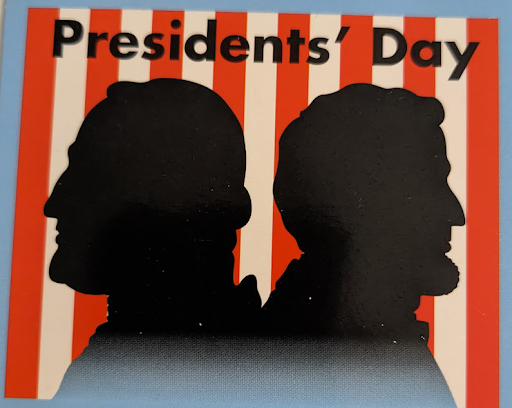Why we celebrate the third week of February
Author’s Note: Research is credited to History.com, Britannica, and National Day Calendar.
Presidents Day has been a tradition of American culture for decades now. Every third Monday in February, the nation honors the leaders of our nation, for better or worse.
Originally, the day was meant to honor the first president, George Washington, following his death in 1799. The people of the newly formed United States would honor his birthday, February 22, 1732, but the observance was not official until 1879 when then-president of the United States, Rutherford B. Hayes, signed the law to make the day an official federal holiday.
Until 1879, Washington’s birthday had been used as a day for commemorations. His 100th birthday in 1832 and the beginning of construction on the Washington Monument in 1848 were used as reasons to celebrate. President Hayes originally kept the holiday in Washington D.C., but by 1885, the holiday was official in all thirty-eight states at that time.
Presidents Day was the first American holiday to commemorate the life of one person. Martin Luther King Jr. Day was the second, over a hundred years later in 1983.
However, as we know, today’s version of the holiday does not solely celebrate President Washington, nor does the day fall on February 22 every year.
The idea to switch the date to the third Monday in February came in the 1960s. Congress passed the Uniform Holiday Monday Act in an effort to create more three-day weekends for working-class citizens. It was around this time that President Abraham Lincoln’s birthday joined the holiday. Lincoln was born on February 12, 1809, and while his birthday was celebrated in many states, it was never given the recognition of being a federal holiday.
The bill to sign both birthdays into one holiday, President’s Day, became official in 1971. Interestingly enough, with the new date being set during a week instead of a specific day, neither birthday will ever fall on the third Monday in February.
The other presidents who celebrate birthdays in February (William Henry Harrison and Ronald Reagan) also will never have their birthdays on Presidents Day, as both arrive too early (Reagan is February 6 and Harrison is February 9).
Other holidays that moved to a Monday during that time were Columbus Day, Memorial Day, and Veterans Day; although out of respect and amid extreme controversy, Veterans Day was moved back to its permanent and original date of November 11(the day that marks the end of World War One back in 1918).
Today, the United States includes all presidents on this holiday, but the original two for which the day originated remain the primary focus of most people who celebrate. More than just a day off school or work, it remembers all the men, for better or worse, who were the face of our country dating back over two hundred years.
